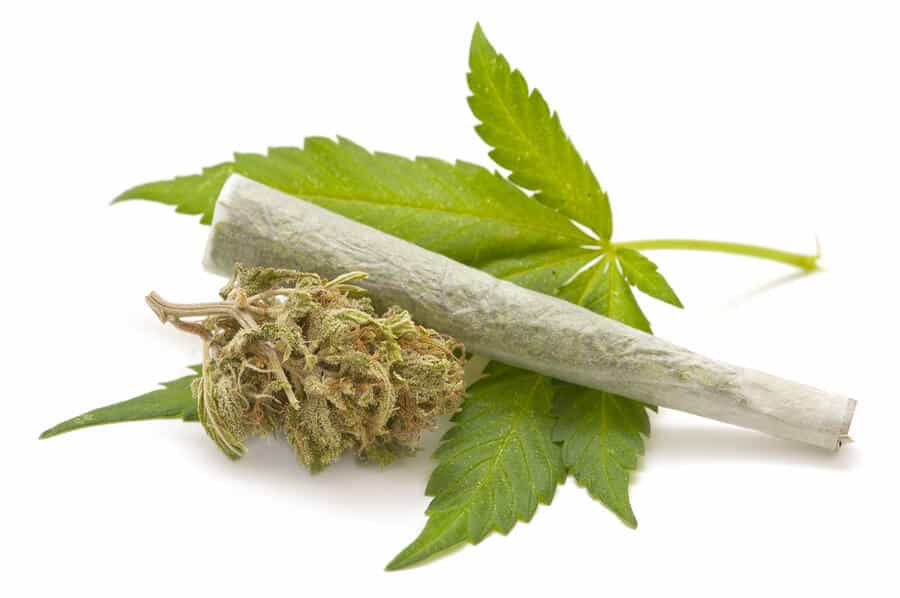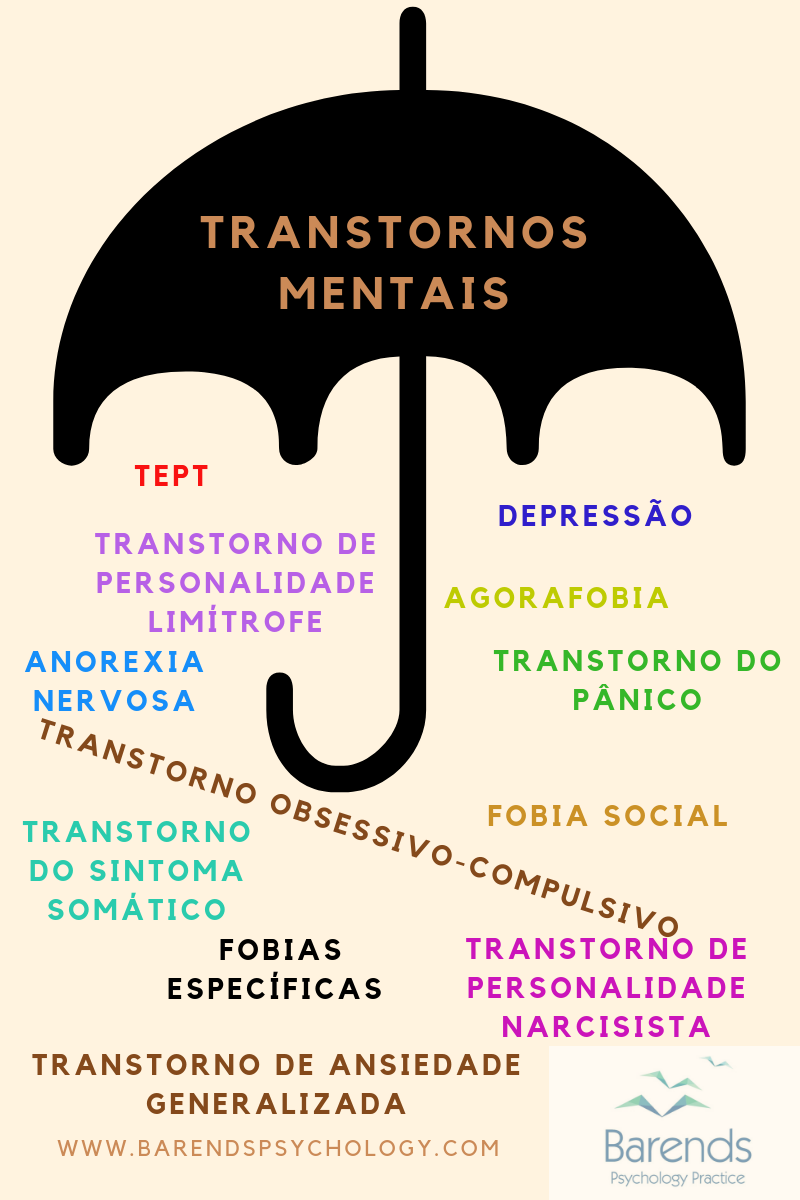Symptoms Of Compulsive Gambling Disorder
- Symptoms Of Gambling Disorder
- Symptoms Of Compulsive Gambling Disorder Symptoms
- Symptoms Of Compulsive Gambling
Last updated: 10/25/2018
Author: Addictions.com Medical Review
Symptoms Of Gambling Disorder


Reading Time: 3minutes
Anyone who likes to gamble doesn’t have to go far to find a way to place a bet. Both legal and illegal gambling operations continue to increase in number; especially with ongoing internet technology advancements at our fingertips.If you or someone you know is struggling with a gambling habit, a good first step towards gaining control lies in learning to spot the symptoms of gambling addiction. Not surprisingly, the symptoms of gambling addiction hold a strong similarity to those of other addictions.
Also known as compulsive gambling, pathological gambling, and problem gambling, an actual addiction diagnosis involves one to four main symptoms that exist apart from any other conditions or disorders. The four main symptoms of gambling addiction are: A preoccupation with gambling to the point where it occupies every waking thought.
Gambling Addictions
2 min read Gambling addiction, also known as compulsive gambling, may be a type of impulse-control disorder. Compulsive gamblers keep gambling whether they’re up or down, broke or flush, happy. Common symptoms of a gambling addiction. Gambling addiction may be caused by underlying stress linked to a difficult time in your life, whether work, relationship or financially related, as well as having an addictive personality prone to compulsive behaviour. Gambling addiction comes in many forms, the primary symptom being a craving for gaming. Some of the signs and symptoms of problem gambling include: Gambling is not a financial problem, but an.
Drastic mood changes are a common sign of gambling addiction.
The U.S. National Library of Medicine describes a gambling addiction as an impulse-control disorder. Like most every impulse-control disorder, a person’s inability to control the behavior is the deciding factor. Symptoms of gambling addiction play out in the same areas of life as an alcohol or drug addiction would. The addict’s behavior becomes excessive to the point where gambling, or the thought of gambling becomes the focus of his or her world. Daily obligations and responsibilities take a backseat to any opportunity to gamble. Much like the drug addict, a person’s life – family, friends and job – slowly slips away as the addiction grows stronger.
The symptoms of gambling addiction remain the same whether a person frequents an actual casino or online betting sites. Be it playing the lottery, slot machines or playing poker, the addiction cycle functions the same way.
Symptoms
Also known as compulsive gambling, pathological gambling, and problem gambling, an actual addiction diagnosis involves one to four main symptoms that exist apart from any other conditions or disorders. The four main symptoms of gambling addiction are:
- A preoccupation with gambling to the point where it occupies every waking thought. This includes planning for future gambling pursuits and devising ways to acquire money for gambling purposes
- An inability to cut back on gambling behavior after multiple attempts have been made
- Putting important life areas at risk (work, friendships, significant relationships) for the sake of gambling
- Changes in mood, changes in overall sense of well-being when unable to engage in gambling activities.
Inevitably, significant parts of a person’s life start to fall away as symptoms of gambling addiction take top priority over everything else. In many cases, a person has to hit rock bottom before seeing the problem for what it is.
Gambling Addiction Diagnosis
Symptoms Of Compulsive Gambling Disorder Symptoms
Since other conditions and/or circumstances can influence a person’s overall behavior, a true gambling addiction exists apart from any other pre-existing conditions. This means, the symptoms of gambling addiction must be able to stand on their own without any other co-occurring influences.
Symptoms Of Compulsive Gambling
Co-occurring influences can take the form of problems with alcohol and drugs. Mental health problems, such as bipolar disorder, depression and obsessive compulsive disorder can also trigger gambling binges. Medical conditions can also cause a person to act erratically or act on impulse.

In order to get the kind of help a person needs, a comprehensive physical and psychological evaluation should be done to identify any conditions that may produce symptoms of gambling addiction. Regardless of the source of the problem, symptoms of gambling addiction should be viewed as a warning sign that something’s wrong.